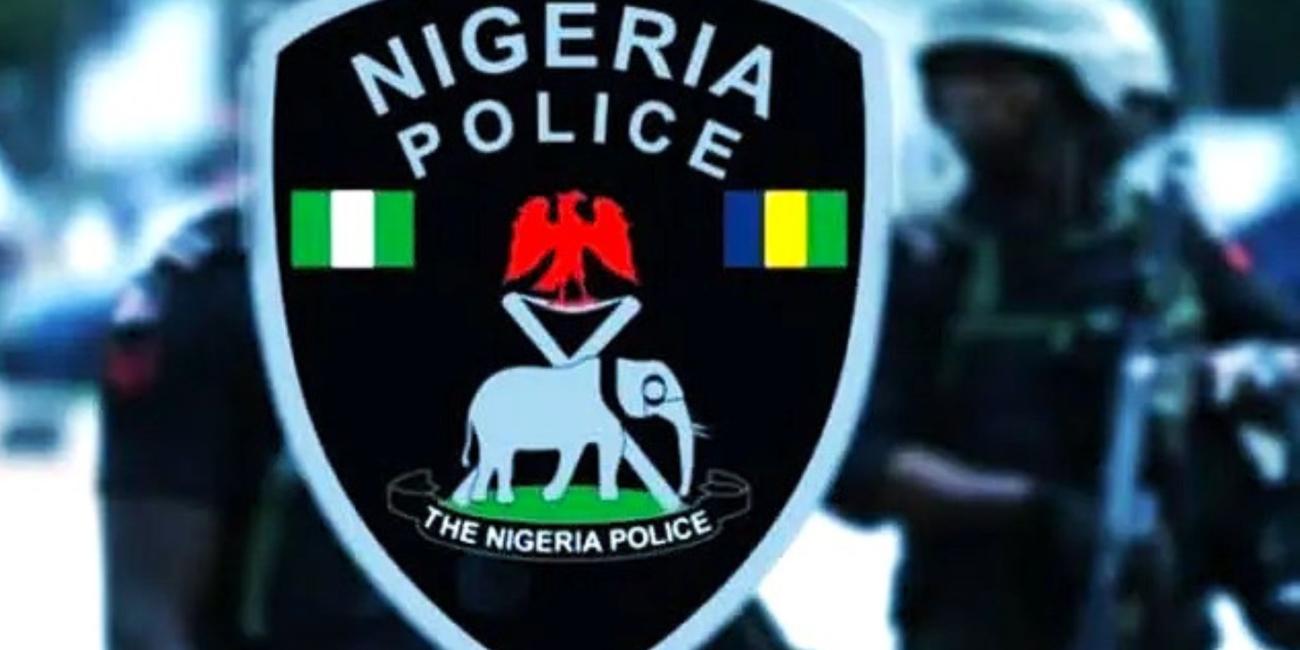Africa
Nigeria Police Can Stop August 1st Protests Through The Public Order Act -By Kelvin Adegbenga
Of course, this power must be exercised reasonably, transparently, and fairly. The police must not act as an extension of political machinery or suppress legitimate dissent. Instead, the Public Order Act should be invoked when there is a credible risk to national security, public infrastructure, or the lives of citizens. Dialogue should always precede denial. But where necessary, the law must be enforced.

In recent times, street protests have become a recurring feature of Nigeria’s socio-political landscape. From civil society organisations to labour unions, student bodies, and even religious groups, the streets have become a stage for grievances, real or perceived.
While the right to peaceful assembly is enshrined in the 1999 Constitution (as amended), it must be understood within the bounds of the law and the state’s responsibility to maintain peace and order. This is where the Public Order Act becomes not only relevant but imperative.
The Nigeria Police Force, as the primary agency tasked with internal security, is legally empowered to regulate public assemblies, processions, and protests under the Public Order Act (CAP 382, Laws of the Federation of Nigeria, 1990).
Section 1 of the Act clearly stipulates that any person or group intending to convene a public meeting, procession, or protest must obtain a police permit or approval.
This is not an act of repression, as critics often assert, but a measure to ensure that such gatherings do not degenerate into chaos, lawlessness, or threats to public safety.
Critics have long argued that this provision infringes on constitutional rights. However, the courts, including the Supreme Court, have weighed in on the legality of police regulation of public protests.
While opinions have varied, what remains uncontested is the police’s responsibility to prevent breakdowns of law and order. Protests that begin peacefully have, in many cases, ended in looting, arson, or deadly confrontations. The EndSARS protest of 2020 is a poignant reminder.
Rather than dismiss the Public Order Act as outdated or autocratic, it should be seen as a necessary legal framework that protects the very society within which freedom of expression thrives.
Nigeria is a multi-ethnic, multi-religious society facing complex security challenges, from terrorism to banditry and separatist agitations. In such a setting, unregulated mass gatherings can easily spiral into violence.
The Nigeria Police can and should use the Act not only to regulate but to prevent protests when intelligence suggests threats to peace and public safety.
This is especially true when such gatherings coincide with volatile national events, or when protests are hijacked by hoodlums, which has become a growing concern. The preventive use of the Public Order Act is not only lawful; it is responsible governance in action.
Of course, this power must be exercised reasonably, transparently, and fairly. The police must not act as an extension of political machinery or suppress legitimate dissent. Instead, the Public Order Act should be invoked when there is a credible risk to national security, public infrastructure, or the lives of citizens. Dialogue should always precede denial. But where necessary, the law must be enforced.
In conclusion, the Nigeria Police are within their legal rights to stop protests through the Public Order Act. As the nation continues to balance democratic freedoms with security imperatives, we must recognise that peace is not merely the absence of war; it is the presence of order. And order, when threatened by mass unrest, must be lawfully restored.
Kelvin Adegbenga is a public affairs analyst based in Abuja. @kelvinadegbenga kelvinadegbenga@yahoo.com

























